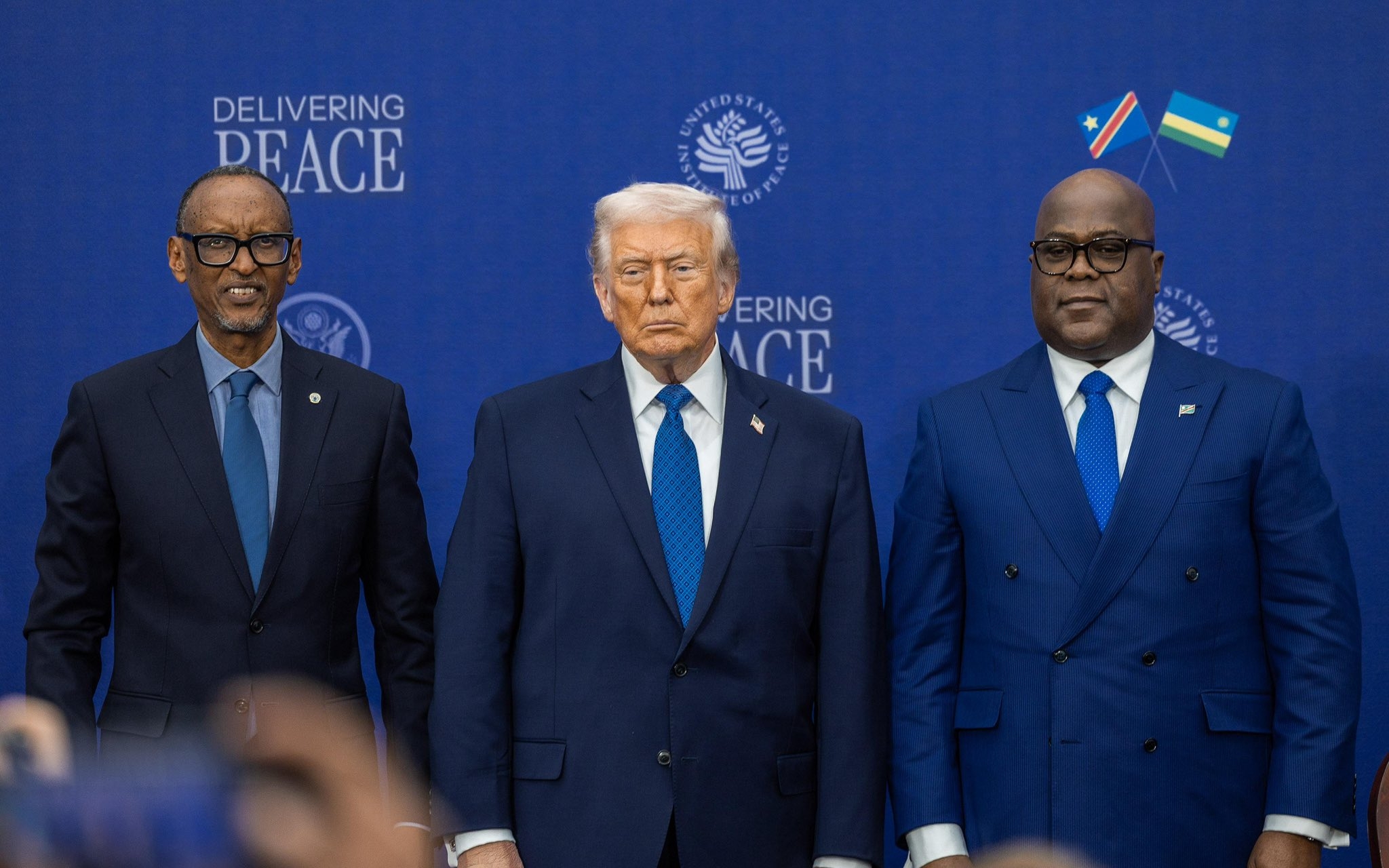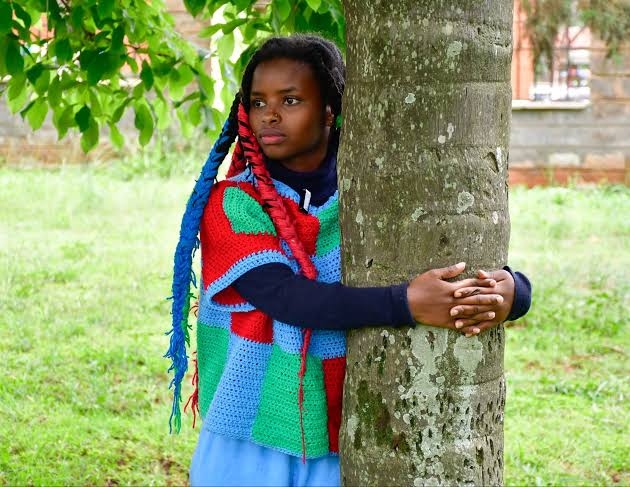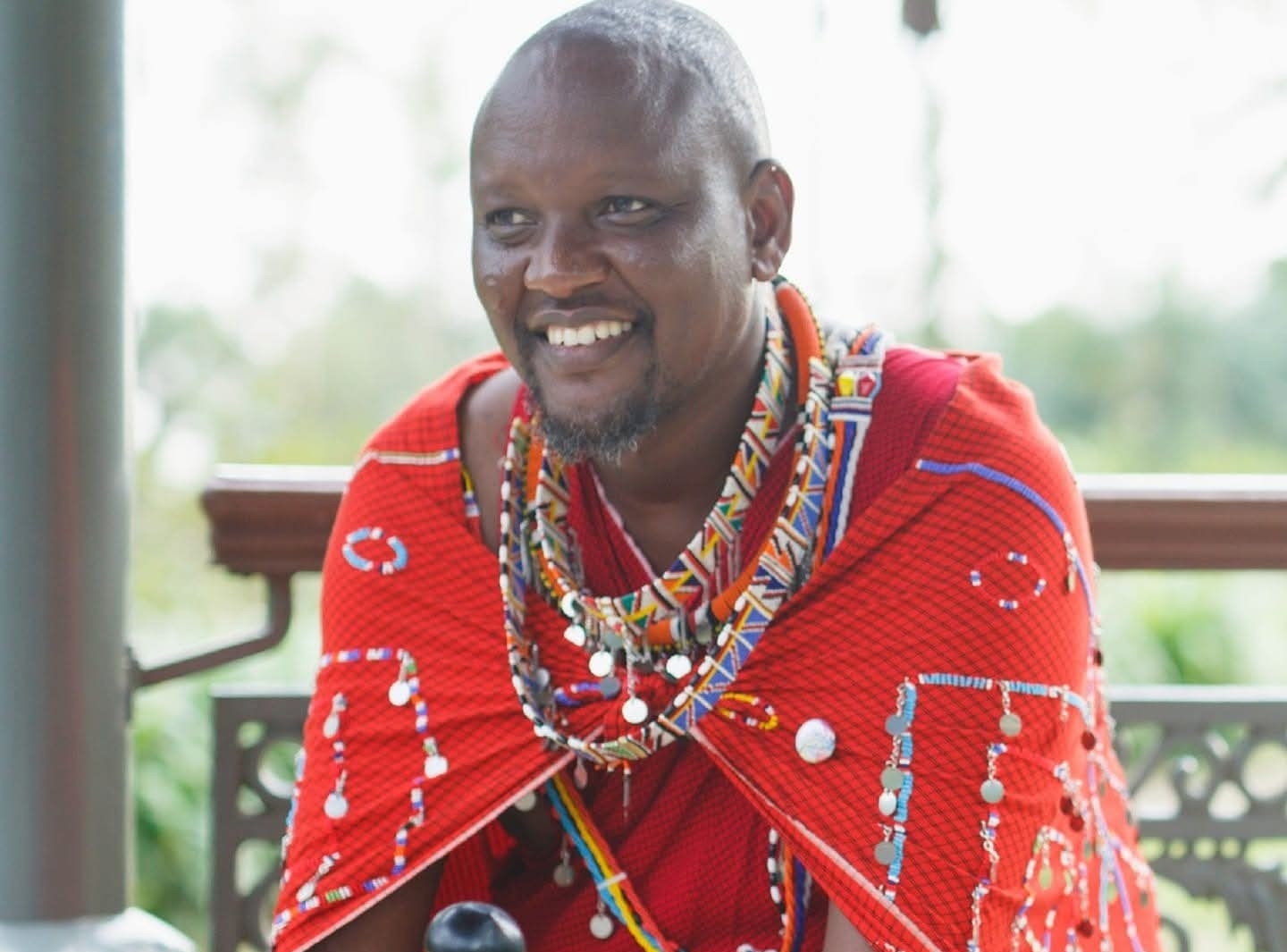In a surprising reversal, President William Ruto announced on Wednesday that he will not sign the highly contentious Finance Bill 2024, which had sparked mass protests across the country resulting in at least 23 reported deaths.
"Having reflected on the continuing conversation regarding the content of the Finance Bill 2024, and listening keenly to the people of Kenya who have said loudly that they want nothing to do with this Finance Bill 2024, I concede, and therefore I will not sign the 2024 finance bill," Ruto said during a televised address.
The President's decision comes just a day after the Bill was passed by Parliament, despite nationwide demonstrations against it.
Protesters had even broken into the Parliament Building, vandalising the interior and setting parts of the complex on fire. The ceremonial mace, symbolising the authority of the legislature, was also stolen during the chaos.
Initially, Ruto had responded to the protests with defiance, ordering the military to be deployed and warning that "violence and anarchy" would not be tolerated.
However, the President appears to have changed course as public outrage grew over the reported killings of protesters.
"The people have spoken," Ruto acknowledged in his address.
"Following the passage of the Bill, the country experienced widespread expression of dissatisfaction with the Bill as passed, regrettably resulting in the loss of life, the destruction of property and desecration of constitutional institutions."
The Finance Bill 2024 had been a source of contention, with protesters decrying it as a burden on Kenyans already struggling with a cost-of-living crisis.
Ruto's decision to backtrack on the legislation is seen as a significant political victory for the opposition and a reflection of the President's responsiveness to public sentiment.
Minutes after Ruto spoke his Deputy, Rigathi Gachagua launched an attack on the National Intelligence Service.
In an unprecedented move, Gachagua alleged plans by the National Intelligence Service of attempting to link him and other leaders, including ex-president Uhuru Kenyatta, to the chaos that swept Kenya on Tuesday.
Gachagua called for the resignation of NIS chief Noordin Haji describing the spy agency as “dysfunctional”
In a telling statement, Gachagua said the Kenya Kwanza administration — elected less than two years ago — had lost the confidence of the Kenyan people.
Without mentioning Ruto directly, Gachagua said the government had stopped listening to its people.
“How did we get here? We were just elected the other day as a very popular government. Where did the rain start beating us? Where did we stop listening to the people? President William Ruto and I were the darling of the Kenyan people,”he said at a solo press conference in Mombasa.
The DP took on the ‘overzealous’ security bosses whom he claimed were crafting lies to implicate leaders, including himself and Uhuru for the chaos.
Ruto, while responding to questions by journalists’ moments earlier, denied abductions, adding that that those who were arrested had all been found in police stations.
“Sadly, this [abductions] is back. It is unbelievable that the son of the Attorney General of Kenya was abducted in a commando style by officers of the National Intelligence Service and held incommunicado for 18 hours,” Gachagua protested.
“I want to ask our law enforcement agencies to dignify the President and I before Kenyans and not backtrack on the promises we made to the people.”
Gachagua also claimed there was a plot to punish and harass Members of Parliament who voted against the Finance Bill.
The DP also differed with his boss on the ongoing demolition of buildings along the Nairobi River.
He termed the exercise as unfair and asked the head of state to reconsider his decision to compensate the victims.
“Houses that had approved building plans. Build on land that had title deeds were demolished and only a compensation of Sh10,000 was given which is unacceptable and unfair,” he said.
He added, “Let us consider any land owner who had a genuine title. Who had constructed a house that had been approved by the city authorities for compensation because it is good to be fair.”
He said they promised that abductions and extra-judicial killings would never happen again.
Earlier, Ruto in a televised address announced that he had listened to Kenyans who had resoundingly rejected the tax measures.
“Listening keenly to the people of Kenya who have said loudly that they want nothing to do with this Bill, I concede and therefore I will not sign the 2024 Finance Bill,” Ruto said.
“It has become evident that members of the public insist on the need for us to make more concessions. Because I run a government but I also lead people and the people have spoken, it [the bill] shall be withdrawn and we have agreed that that becomes our collective position.”
As a consequence, the President said that a number of mega projects that his administration had planned to fund using the additional taxes would be halted.
"Some of the development programmes will delay, wait for next year, or we’ll have to cancel...Kenyans have spoken loudly that they want a leaner budget for us as a country," he said.
Ruto also announced further austerity measures, saying they would start with slashing the confidential votes allocated to various offices.
The cuts would start with the presidency and extending to the entire executive arm.
The presidency includes Ruto’s office and that of Gachagua.
Ruto also announced budget cuts on travel, hospitality, purchase of motor vehicles and other expenditure.
“I also propose that Parliament and the Judiciary and county governments undertake budget cuts to ensure we live within our means respecting the loud message coming from the people of Kenya,” the President said.
President further said that his administration would mount a serious anti-corruption crackdown on state and public officers suspected of graft.
“As we deal with austerity, the loud message of dealing with corruption is a matter we have discussed and agreed it takes the front banner as we go into the future.”
He warned public and state officers, as well as close allies in government, against working outside the law. “We must continue to operate within the parameters of the law,” the President said.
The head of state further announced that he would facilitate dialogue with the young people as well as action groups and religious bodies “to speak to the future of our country together”.
“I am proposing that because we have gotten rid of the 2024 bill, it is necessary for us to have a conversation going forward on how we manage the affairs of the country together,” he said, citing the debt situation and budget deficit as the top agenda.
“As I committed last Sunday, I will be proposing an engagement with the young people of our nation for us to listen to them. I will listen to their views, proposals, ideas and concerns and what they think we should do better as we go forward,” President Ruto said.
He said the dialogue “will be on the matters on the bill and the issues the people of Kenya have canvassed in the protests.”
The President defended his bid for the additional taxes which was initially expected to raise Sh346 billion at publication, saying the debt situation is stifling growth.
He argued that his administration needed more taxes saying that for every Sh100 collected, the country spends Sh61 on debt service.
The President said he proposed the tax law “taking into account the situation and priorities that are there.”
He cited agriculture as among the priorities saying part of the money that was to be raised was Sh10 billion for the fertiliser subsidy.
President Ruto said Sh18 billion that was meant for confirming 46,000 Junior Secondary School teachers would also be affected.
Other projects that might suffer include rural electrification where each constituency was to get Sh50 million.
He also cited Sh6 billion to actualise UHC, and the chronic illness fund as well as money for coffee, tea, milk, and sugarcane farmers as affected.
“We wanted to move to a position where the debt is sustainable…as we are keen to remove country from comfort of debt to pursue our sovereignty,” President Ruto said.

















